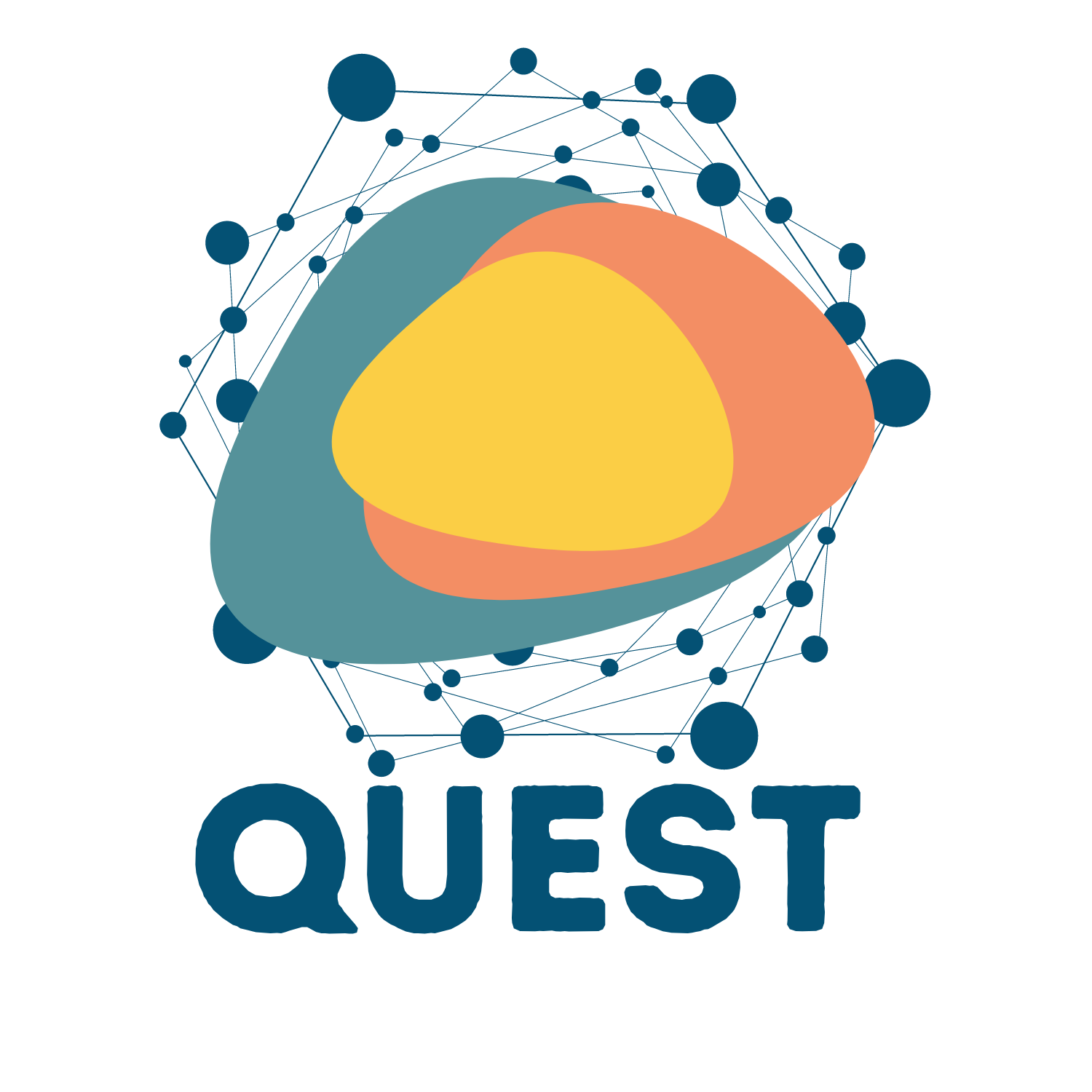We launched the BUSTA project with our partners two years ago, and are delighted to see the positive feedback and influence on the participants of the project. It has been inspiring to discover how the inclusive practice of animal-assisted therapy can take shape through different innovative initiatives across Europe!
During these last two years of the project, we successfully completed the three trainings, where we explored different methods of animal-assisted therapy, and how they support the various needs of beneficiaries. We have been amazed how assistance can be co-created for every person, independent of their needs, in a supportive and safe atmosphere.
QUEST hosted the third and final training in the last week of September. Ten participants from the Democratic School of Sofia stayed at QUEST’s headquarters, a typical Belgian townhouse near the European institutions. We were joined by the Paint and Quarter Horse Foundation team from Bulgaria, staff from the Maria Montessori School of Klaipeda, and dolphin trainers from the Lithuanian Sea Museum. Surprisingly, the weather was gorgeous throughout the trip.
Together, we were welcomed by Dyadis, our associate partner for Assistance Dog training. All participants were delighted to spend time with the dogs. It has been wonderful to learn about their behavior and skills that aid those in need of daily assistance, and to learn about the long and complex process of dog training. In addition, we witnessed the exchange of experiences and knowledge amongst different expert trainers from different fields of animal-assisted therapy.
Besides the training and learning, we introduced the BUSTA group to the city of Brussels, the EU institutions, and the “Lycée Voyageur” – a traveling school bus, that drove us to visit a democratic, outdoor school whose students participated in earlier stages of the BUSTA project. We visited the EU parliament, the Museum of European History, Nos Pilifs farm and the Atomium. This was a great opportunity to talk with youth about the future of Europe, focusing on their needs and aspirations. We believe we can support young people in responding to the global contemporary challenges, such as social inclusion, through addressing them within transformative education. We thank all of the participants of the project for these interactive and passionate discussions.
Social inclusion, such as animal-assisted therapy is not a standardised topic within primary or secondary education. To respond to this lack of awareness, we created the BUSTA guidelines, to guide you in exploring the potential of animal therapy, and demonstrating how integrating animal therapy in education entails a meaningful, reciprocal collaboration of students, animals and trainers in training the animals to support the beneficiary.
